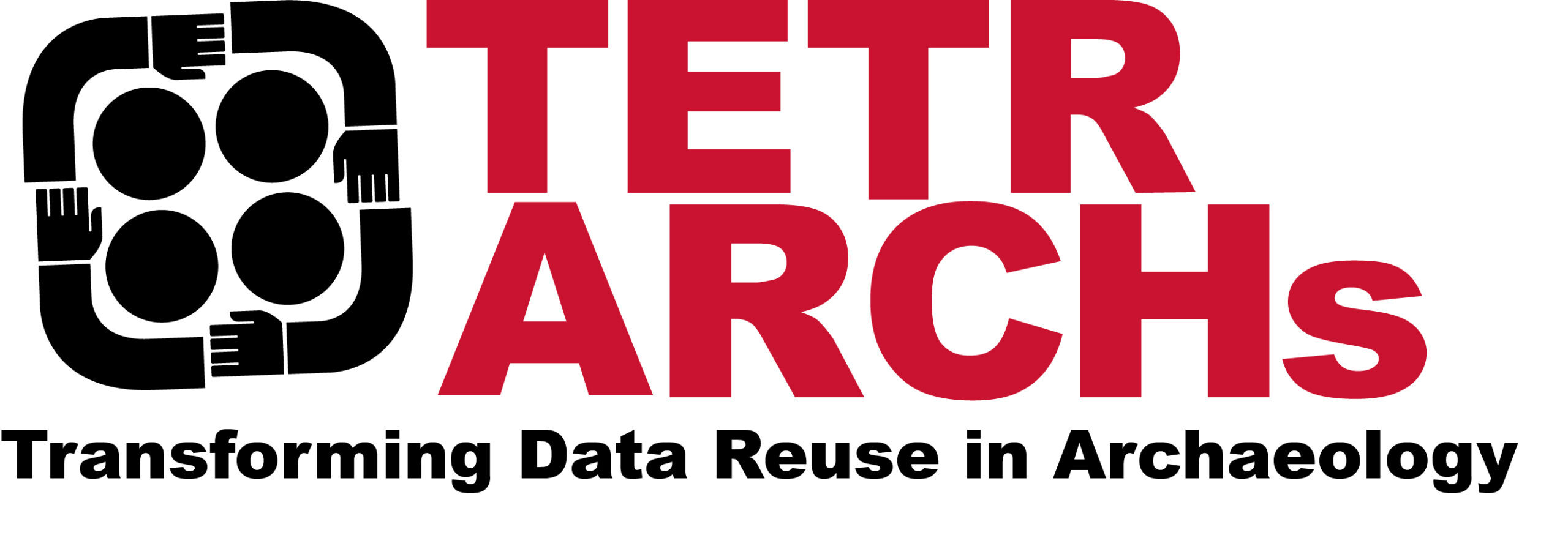Prof. Isto Huvila
Uppsala University, Sweden
05 March 2024, 16.30-17.30 GMT

Data management literature has emphasised the importance of contextual knowledge as a critical premise of successful (re)use of research data both in archaeology and other disciplines. A particular, important aspect of context of research data that informs its users is how data came about, how it has been processed and used in the past. A term that has become established to denote information on diverse data-related processes is paradata. It was first introduced in survey research in the 1990s, somewhat later in heritage visualisation and more recently in several other fields including field archaeology, research data management and archival studies. In a part of the archaeological literature, it has become almost a truism to note that it is important to document and preserve not only data itself but also metadata and paradata. A question remains, however: what is the paradata that is important to include and how it is different from data and metadata?
This presentation discusses paradata, its whatness (what is paradata) and aboutness (what it describes and informs about), and what types of problems it is expected to solve and how, through an exposé of findings from the research project CApturing Paradata for documenTing data creation and Use for the REsearch of the future (CAPTURE). Both conceptual analysis of paradata and evidence-based research of paradata in the wild show that many types of information and things can function as paradata but also that the notion of paradata can be understood in widely different ways, and how things can function as paradata in diverse manners with diverging theoretical and practical implications to process transparency. In a theoretical sense, the multifariousness of paradata and why process documentation persists as a wicked, difficult-to-solve problem can be approached through inquiring into the politics of how paradata as a meshwork-like cultural technology is conceptualised, generated and appropriated in use. Acknowledging paradata as a meshwork implies in practice that achieving process transparency through paradata is contextual and specific to research communities, and including paradata is both a more complex and simple question than adding a new descriptor called paradata to data documentation standards.
About the Presenter
Professor Isto Huvila holds the chair in information studies at the Department of ALM (Archival Studies, Library and Information Studies and Museums and Cultural Heritage Studies) at Uppsala University. He has conducted research on archaeological information work and information management for over two decades. He is currently the PI of the European Research Council funded project CApturing Paradata for documenTing data creation and Use for the REsearch of the future (CAPTURE) and a chair of the recent COST Action ARKWORK on archaeological practices and knowledge work in the digital environment.
